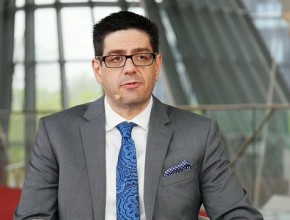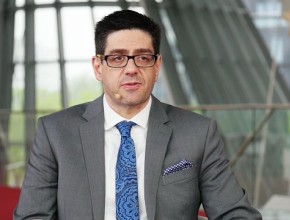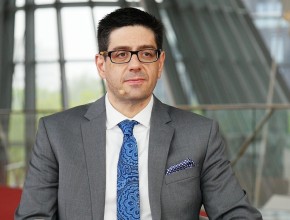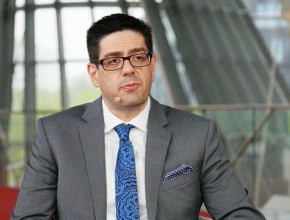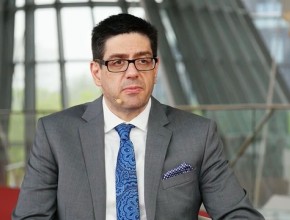Should we consider the risk of serious cardiac complications, like myocardial infarction (MI), particularly in young people using novel psychoactive substances? Should we warn cardiologists to pay special attention to the problem?
Dan Perri: There are definitely case reports of MI in patients who use both bath salts as well as synthetic cannabinoids. The incidence of these products is increasing, particularly in young people; young people in dance clubs and raves initially, but now it is becoming commonplace. The incidence is as high as 20% in youth, even higher in the university crowd, young adult crowd, with the highest risk being those who go to raves and parties. Having said this, the incidence of MI and significant arrhythmia is fairly low in this population.
I think it is something that cardiologists need to know exists and when they do see an unexplained arrhythmia, or MI, or abnormal electrocardiography (ECG) in a young patient, they should certainly ask about and seek whether this patient may have been exposed to some of these agents. The clinical context is very important for this. If the patient is coming from a party or a concert environment, early morning, dropped off by friends, they always raise suspicion that some substance may have been ingested. These are the cases where a good bedside test might be helpful. The good news is, the majority of these patients do not go on to develop MI requiring significant therapy. Sometimes unmasked heart disease can occur and the patients do need to go on to heart investigation but the majority of them will respond – the chest pain at least – to reduction in their blood pressure, heart rates, and agitation, usually with benzodiazepines.
That said, to answer your question, I think the incidence of cardiac toxicity may increase over time as the use of these agents increases in our young population.
 English
English
 Español
Español
 українська
українська

